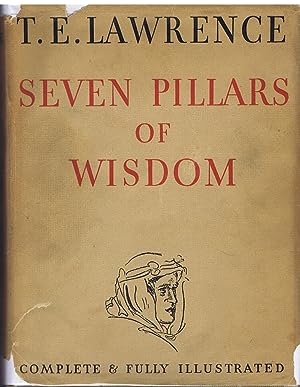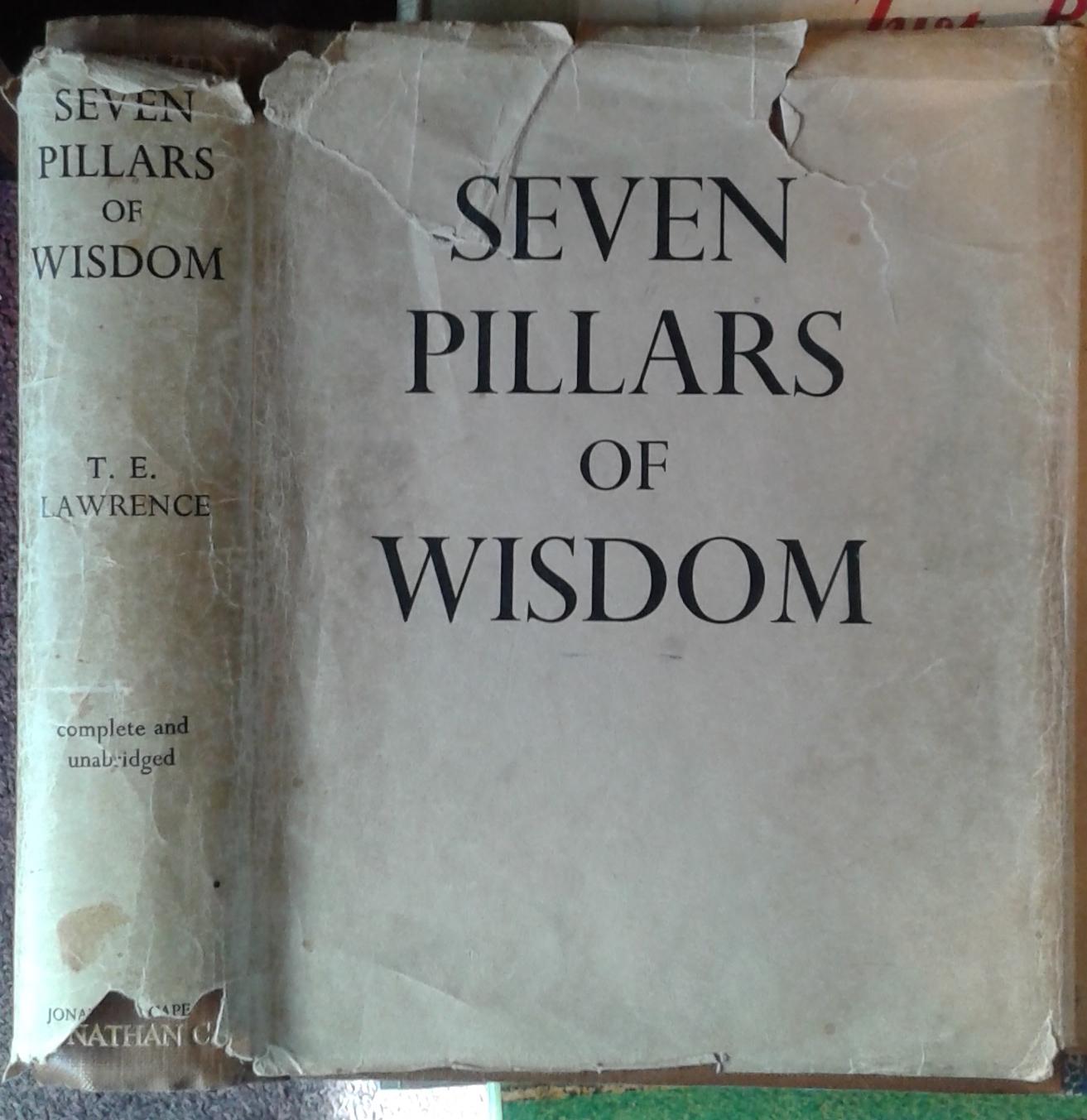


And whose subsequent treaties (Treaty of Sèvre, Treaty of Lausanne, etc.) defined the borders of this region, the repercussions of which we know today. He sometimes flaunts his guilt in leading men in this way by promises he knows to be empty his spiritual quest and the physical and mental violence he subjected to also make this story self-confession, even atonement.Įxciting and often fascinating, this work is, in my opinion, the key to better understanding part of the First World War, which took place in the Middle East. Endlessly criticizes French and Turkish people while he praises the moments shared between the English around what at the time seemed to him to be the pinnacle of luxury: earl grey, canned corned beef, and dry biscuits.īeyond his adventures' stories and exceptional geographical and geopolitical knowledge, Lawrence dwells on his certainties that sometimes collapse. He describes the Druze, the Yezidis, the Armenians, the Syriacs, and the Levantines, who rub shoulders with the Arabs in great detail. His exact knowledge of the people and their rivalries in the Middle East surprised me. In a few years, he traveled through Jordan (Maan, Aqaba, Amman, Dana, Wadi Rum), frequently traveled to Cairo, returned to the Hedjaz, and detested Jeddah before pushing his advance on Damascus. We also like to follow Lawrence on his travels: "slow" on camelback, fast when he takes the ship to take his orders at Suez, or circulates in armored rolls.

Finally, comparing the great masters of strategy such as Clausewitz or Foch, Lawrence is an expert in assaulting the Ottomans without facing them and carefully sabotaging their lines of communication and railroad. There is a precise analysis of the war's course, the impacts of such victory or defeat in the French trenches on the material the Suez Canal could deliver, and a critique of the various operations carried out by the Turks and the English. Then follow endless journeys and lightning attacks on camels, physical pain at the limit of the tolerable, and daily arguments to try to unite the tribes of the desert accustomed to quarreling endlessly.įar from being a straightforward account of the Arabs' advance from the Hedjaz to Aqaba, then to Damascus, the seven pillars of wisdom are, according to the chapters, a reflection on the strategy and geography and the peoples of the Middle East: Orient or a half-whispered confession from its author. To realize his vision, he searches for a charismatic Bedouin leader whom he will find in the person of Faisal, one of the sons of Sharif Hussein of Mecca. In the middle of the First World War, this English officer imagined a massive Arab revolt against the Ottoman Empire, which would relieve the other French and Russian fronts. How to describe this monumental autobiographical epic of nearly 700 pages, which tells us about the peregrinations of Thomas Edward Lawrence, better known under the name of Lawrence of Arabia?


 0 kommentar(er)
0 kommentar(er)
